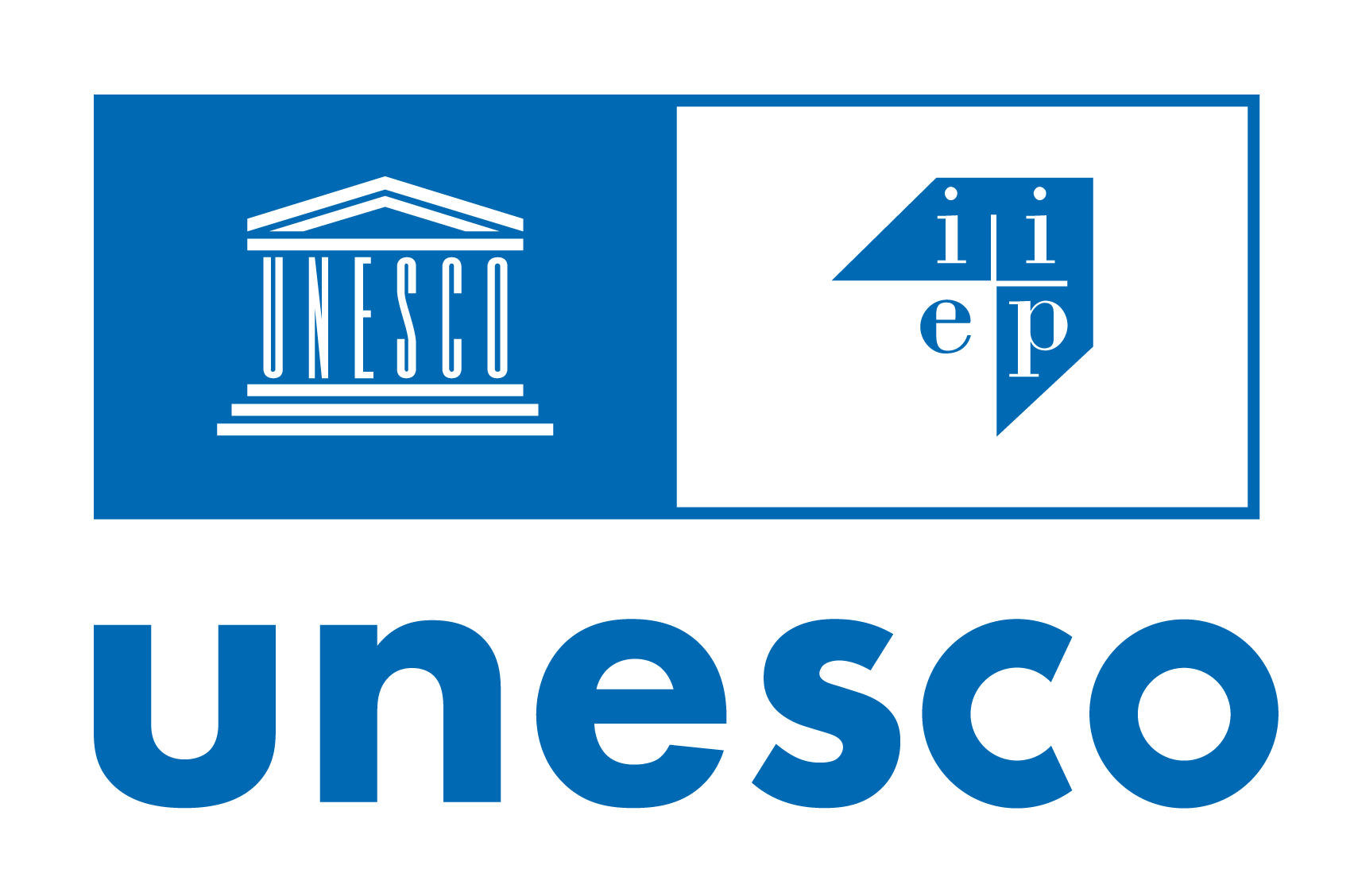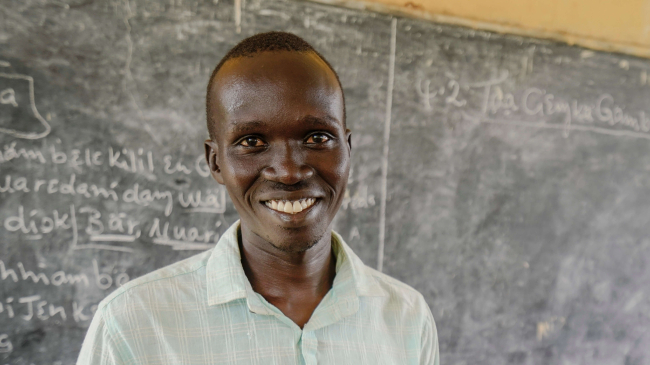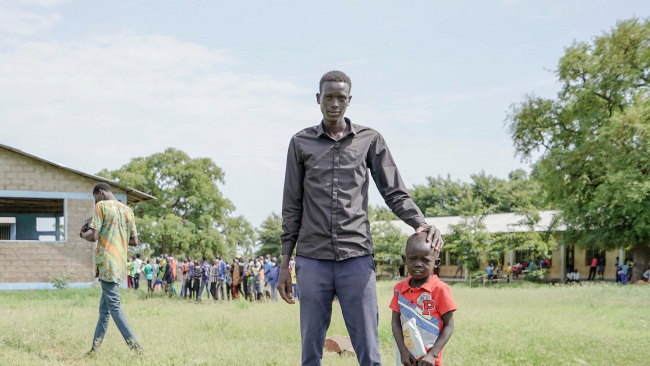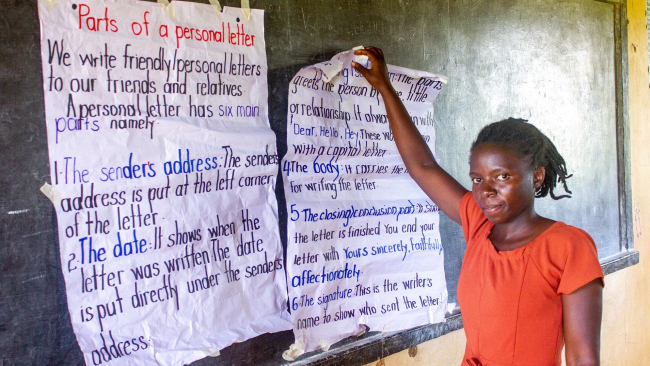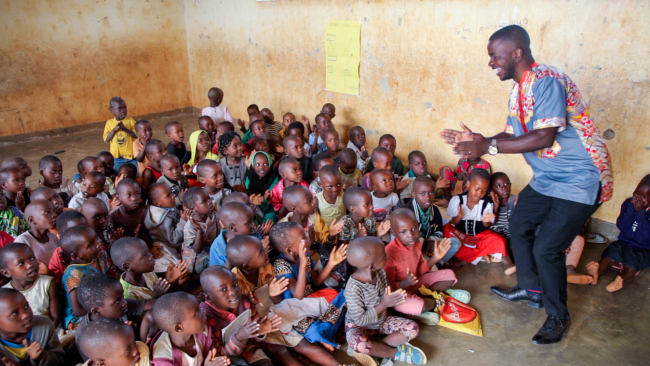The COVID-19 pandemic has accelerated and scaled up the use of technology for education across Indonesia. Due to the closure of schools, in Indonesia and globally, distance or remote learning has been one of the main options for teaching and learning activities over the last year. Remote learning is defined as a learning process that happens in a non-traditional classroom setting. Remote learning may occur in many different settings as regards time and place; this includes online learning and blended learning (a combination between online and offline learning). Remote learning allows learners and the source of information (teacher, instructor, lecturer) to be separated physically. As remote learning requires connectivity and the utilisation of information and communication technology (ICT) tools, digital literacy is crucial. Apart from its benefits in a remote learning context, digital literacy also endows digital skills – defined as the ability to understand, manage, and integrate information through digital devices and networked technology in economic and social life.
The Digital Access Programme (DAP) in Indonesia is designed to support digital inclusion in the country, including in the education sector. It aims to promote the development, validation, and roll-out of innovative and inclusive models of basic connectivity, digital skills, and locally relevant digital content and services for underserved communities. These priorities have become particularly relevant with the spread of the COVID-19 pandemic, which has highlighted the widening digital divide in Indonesia, as schools have increasingly adapted to online ways of learning.
The main objective of this study is to provide in-depth research, analytical support, and recommendations to the Ministry of Education, Culture, Research and Technology (MoECRT) and other key partners on the state of remote learning, connectivity, digital literacy, and local digital capacity in the country, in order to build digital inclusion across Indonesia’s regions. This study has two key interrelated components: Component A, which focuses on supporting MoECRT to develop a remote learning and digital skills strategy; and Component B, which is a review of DAP pilot projects involving community-based connectivity in two remote locations. Insights from the analysis of the national-level framework and strategies for remote learning conducted for this study can be applied to initiatives adopted by sub-national governments and the communities. Likewise, the good practices and lessons learned from the DAP pilot projects can also be used to inform policies at national and sub-national level.
